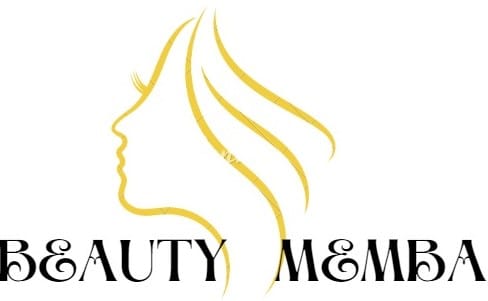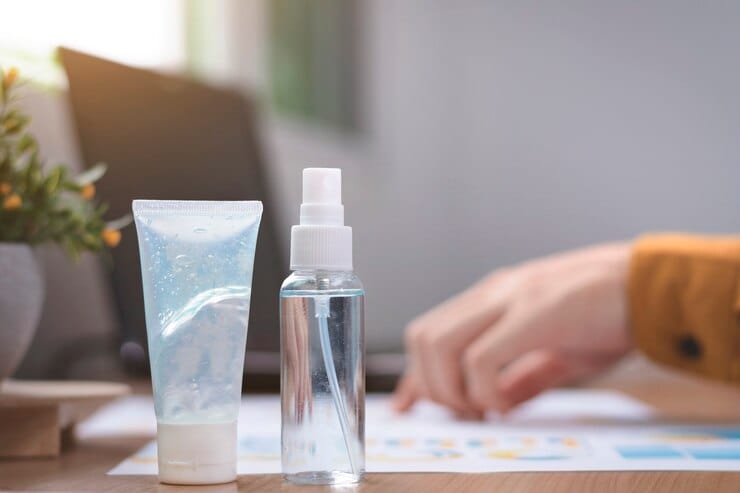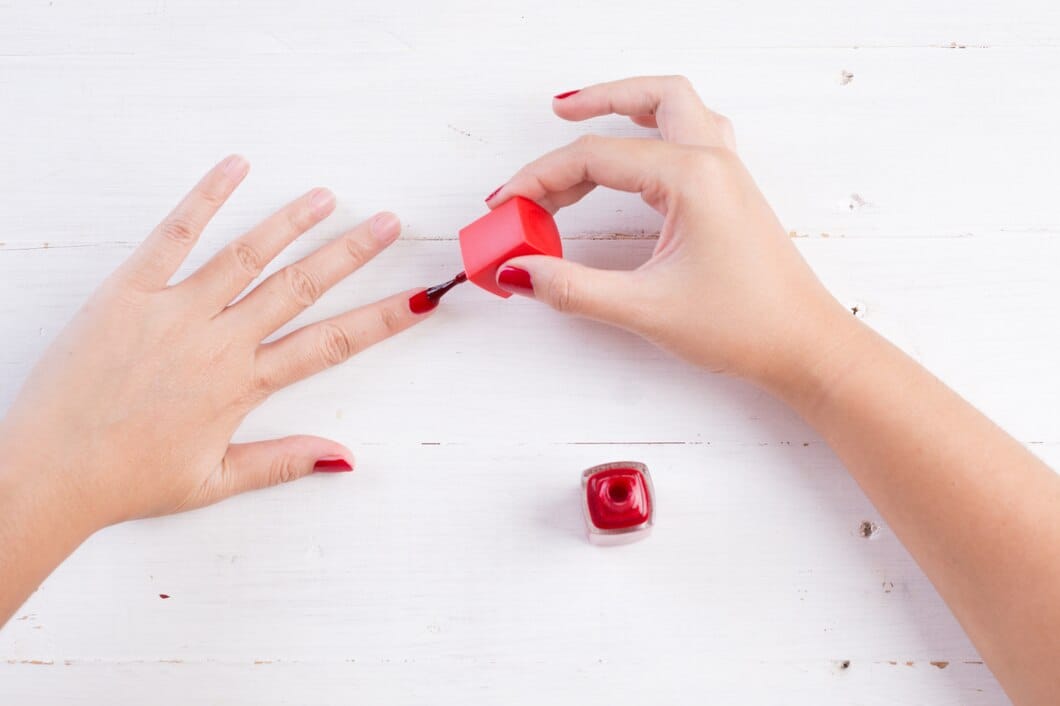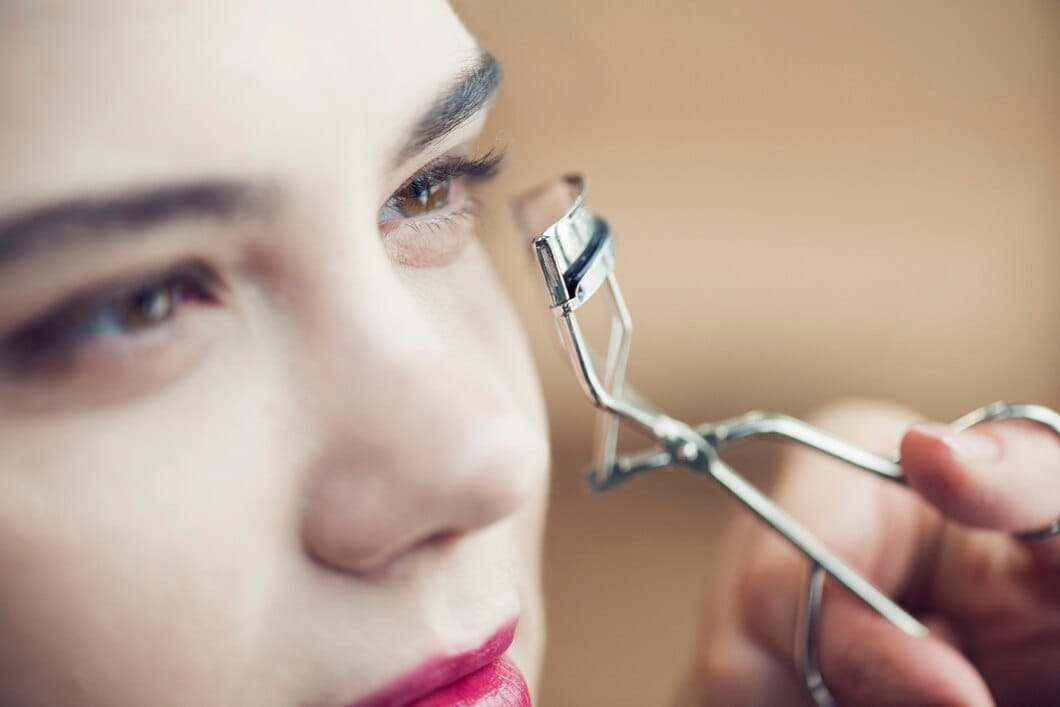Regarding the subject of skincare, there are a number of creams available that have varied uses. Two of these are often found in the beauty cabinet but create some ambiguity for many: micellar water vs. toner. Both of them are used to refresh and cleanse the skin, but these two are not interchangeable. This time we will focus on the differences between micellar water and toner, tackle the puzzle of whether one needs to include both of them in her workout, and give guides on how to use them properly.
What is micellar water?
Micellar water is a cleansing liquid that is mostly formed of micelles, which are microscopic spheres in the water structure containing oil molecules. These micelles then attach themselves to algae, dirt, oil, or any makeup layered on the skin and effortlessly remove it without scrubbing or rinsing the skin. Micellar water has a straightforward formulation; hence, it is considered in cleansing the skin for many end users, but especially for those with sensitive skin.
Benefits of Using Micellar Water
- Gentle Extraction: Micellar water is good for all skin types and the most sensitive one too. Cleaning without stripping the skin of its oil; hence, no dehydration occurs.
- No Water Clean Up Required: Cleansing micellar water is courtesy of advances in product technology that enable simple application without any rinsing, unlike typical cleansers—for example, using a process head or a strip.
- 3 in 1: It is the same product that helps remove make-up, cleanse the face, as well as moisturize.
- Gentle: Micellar water does not contain any aggressive components or strong smells; hence, the risk of irritation is minimal.
What is a toner?

Toner is a cosmetic liquid used typically after cleansing the face to remove traces of dirt and to make the skin’s acid-base equilibrium more alkaline. Further, a toner incorporates exfoliating acids, free radical inhibitors, and moisture enhancers and is primarily a water-based solution. They act as a preparatory step for the next stages of the skin care routine carried out, which comprises applying serums, creams, and other topical applications.
Benefits of Using a Toner
- Normalizes the pH level: Following washing, an astringent helps to restore the pH balance, which is essential for the skin’s health.
- Moisturizing: A vast majority of toners also contain moisture-retentive additives to prevent the skin from excessive drying.
- Closes Pores: Toners can minimize the look of open pores or seasoned skin and smoothen the skin’s texture.
- Enhances the Work of Other Treatment Products: Similarly, a toner makes it easier for the serum and moisturizer in the direction of the latter to penetrate the surface.
Micellar Water vs. Toner: Key Differences
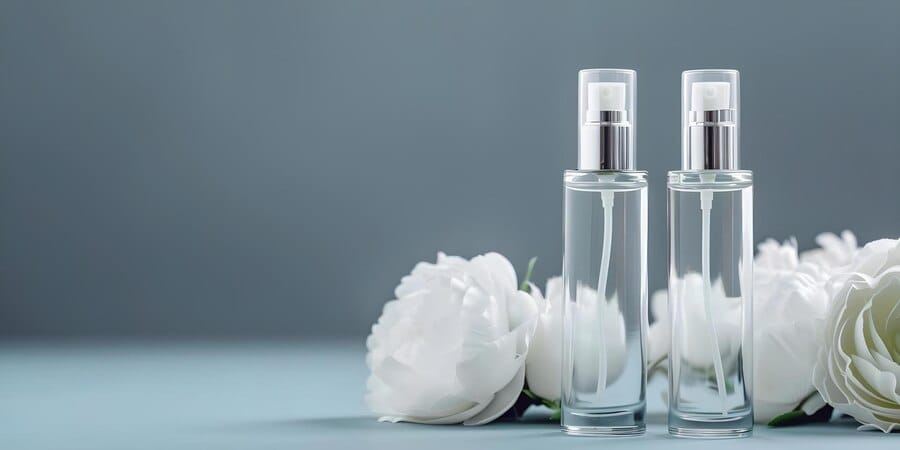
- Mise en oeuvre: While micellar water is used to wash dirt away, a toner is used to get the skin ready for the next skincare products.
- Indications: Micellar water can be used without washing it off the face, while a toner is often the next step in facial cleansing and may come with a cotton pad or a pair of hands.
- Composition: Micellar water is uncomplicated and mostly concerned with removing impurities; however, toners usually consist of such active ingredients as acids, antioxidants, and moisture.
When to Use Micellar Water
- Gentle Wake-Up Cleanse: Micellar water can also be employed as a gentle and lightweight cleansing agent in the morning to rid the skin of unwanted oils and dirt that may have settled on its surface overnight.
- Wearing and Removing Makeup: This is done with the help of the powder, where the area of the body covered with the powder is barely touched if at all the skin is undergoing any motion.
- On the Plane: This is especially useful when there is a need to refresh the skin that is usually for trips. Hence, a wash does not come into the picture.
When to Use a Toner
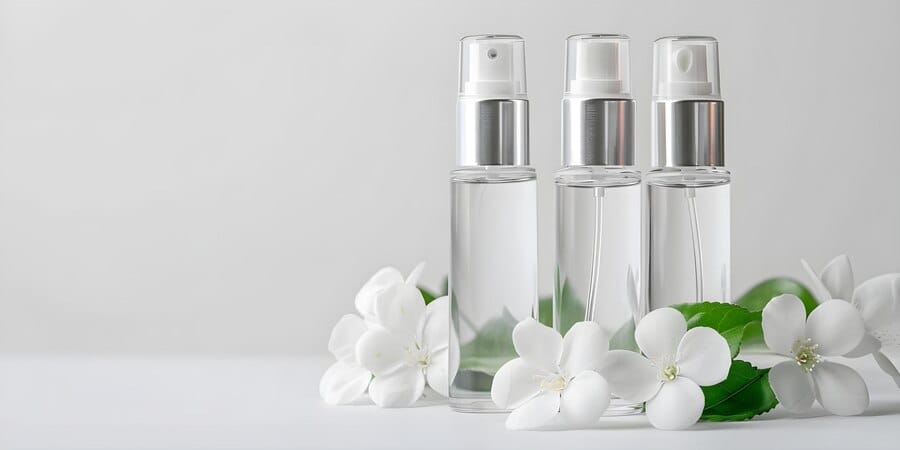
- After Cleaning: Finally, toning must come after cleansing. This helps in the elimination of the residual dirt and cosmetics and also aids the skin in the next level.
- On the Way: Since hydrating toners are good for carrying in a bag and can be utilized at any time for refreshing the skin.
- For Specific Purposes: The functional applications of the cosmetic toners are focused on certain features, for instance, a mask for acne or a mask for dehydration.
Do You Need Both Micellar Water and Toner?
Each of these products offers its individual advantages, but if you require them both, it depends on your skin’s type, problems, and routine. For instance, if you wear thick makeup, you can use micellar water on the face before applying the toner to the skin for cleansing purposes. There are cases when a targeted treatment toner is required for a specific issue.
How to Incorporate Micellar Water vs. Toner in Your Skincare Routine
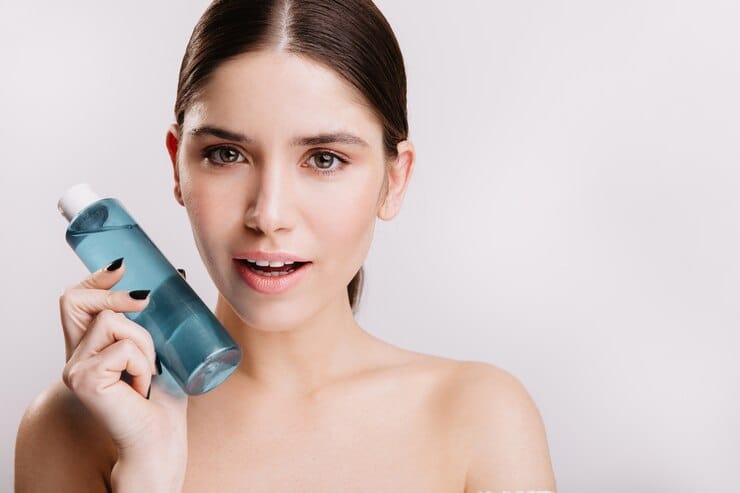
- Morning Routine:
- Micellar water can be used for cleansing.
- Then, use a toner for hydration and balance.
- After that, a serum and a cream will be applied.
- Evening Routine:
- Dissolve makeup using micellar water.
- Wash your face using a facial wash.
- Use a toner to prime the skin for treatment.
- Complete the routine with evening skincare products.
Popular Micellar Waters to Consider
- Dermatological Laboratories Bioderma Sensibio H2O Micellar Water
- Garnier Skin Active Cleanser Micellar Cleansing Water
- La Roche Posay Ultra Micellar Water
Popular Toners to Consider
- Thayers Witch Hazel Facial Toner
- Pixi Glow Tonic Exfoliating Toner
- BHA Liquid Exfoliant 2% Skin Perfecting Paula’s Choice
Expert Tips for Maximizing the Benefits of Micellar Water vs. Toner

- Choose the right products for the appropriate skin types: Micellar cleaning waters and all other toners should be used according to skin type in order to ensure the desired results.
- Exercise Restraint: Care and toning of the skin should not be excessive, as it will rid the skin of its natural oils, thus causing dryness or irritation to the skin.
- Layering is Key: When using serums and moisturizers, for optimal benefits, use screens like micellar cleansing water, toners, and other dermatologist-recommended products in layers.
Conclusion
Micellar cleansing water and toner should be included within a beauty regimen since they have their own specialties. Micellar cleansing water can be used effectively for soft cleansing, while toners help to bring back equilibrium to the skin and get it ready for more treatment. As your skin type varies, you may decide to apply either or even both at the same time. Knowing the purpose of these products allows one to construct a skincare ritual that effectively cleanses, balances, and illuminates the skin.
FAQs
Can toner be used in place of micelle water?
No, toner cannot perform the functions of micellar water. While toner aims at skin balancing and texture refinement, micellar water is cleansing-specific.
How frequently should I apply micellar water and toner?
Micellar water is recommended on a daily basis, often in the evening, to eliminate skin makeup. Besides, toner is also referred to as an everyday product, most preferably after cleansing and before other skin care steps.
Can I have any negative reactions to using toners or micellar water?
In general, micellar water and toner can be tolerated by most individuals. However, those with extremely delicate skin types may want to stick with products designed for their skin types to limit the risk of any skin reactions.
Micellar Water vs. Toner: Which is better for sensitive skin?
Micellar water is most likely effective for sensitive skin because it is often created to be soft and calming when necessary. An alcohol-free soothing toner for sensitive skin should do the trick if you have worries.
